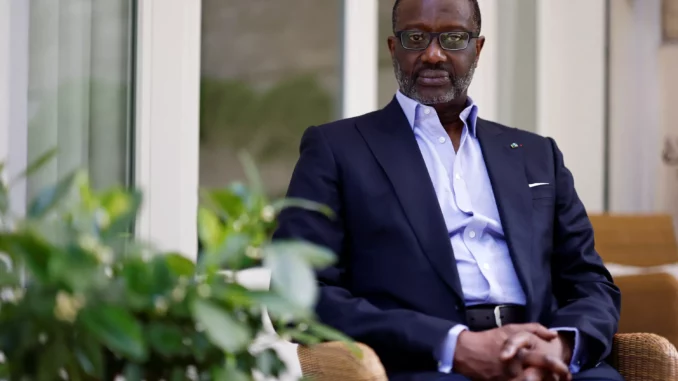
Ivory Coast’s political landscape faces renewed turbulence as opposition heavyweight Tidjane Thiam, former Credit Suisse CEO and leader of the Democratic Party of Côte D’Ivoire, was excluded from the final list of presidential candidates ahead of the highly charged October 2025 elections.
The Electoral Commission confirmed on June 4 Thiam’s disqualification alongside three other prominent opposition figures, a move rooted in a court ruling that cited his dual Ivorian-French nationality as grounds for ineligibility. Despite relinquishing his French citizenship earlier this year, Thiam vowed to challenge the decision, underscoring a deeply contentious electoral environment.
Ibrahime Coulibaly-Kuibiert, head of the electoral commission, stated unequivocally that the commission must abide by judicial orders, affirming the exclusion of Thiam and others. The disqualified candidates include former President Laurent Gbagbo, his ally Charles Ble Goude—accused of crimes against humanity—and Guillaume Soro, former prime minister and rebel leader sentenced in absentia for orchestrating a coup. These exclusions have cast a long shadow over the electoral process, raising concerns about political inclusivity and the potential for renewed unrest in a country still healing from past election-related violence.
The Democratic Party of Côte D’Ivoire denounced the exclusions as “unfair” and has called for nationwide demonstrations to defend democratic principles. With the political arena increasingly constrained, Côte D’Ivoire now faces the challenge of navigating these fractures while striving to uphold a transparent and peaceful electoral process. The eyes of the continent remain fixed on this pivotal moment in the nation’s democratic journey, where justice, political will, and national unity hang in a delicate balance.
